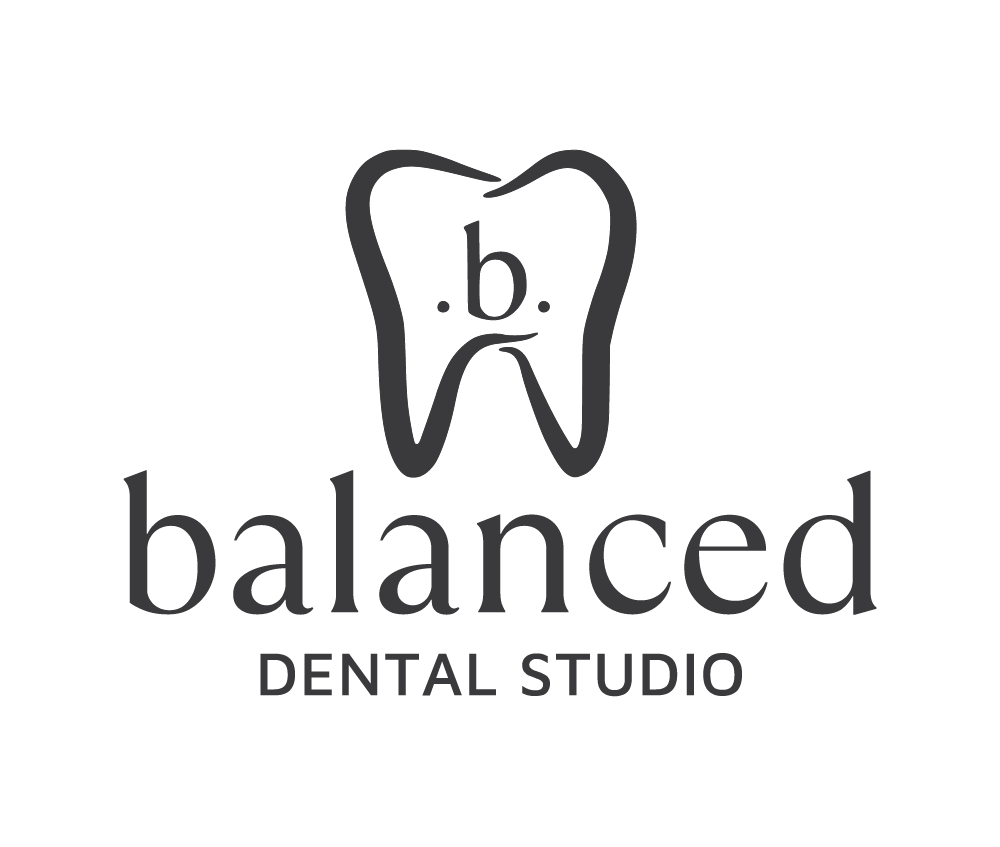Loose teeth are a widespread dental issue and can be a signal of potential oral health concerns. Identifying what causes loose teeth is essential for timely, effective treatment and maintaining oral health. Various factors, including gum disease, trauma, and natural aging, can lead to loose teeth.
Early detection and intervention are important in preventing further damage and ensuring dental longevity. In this blog, we will discuss symptoms to look out for, explore the common causes of loose teeth, diagnostic approaches and some available treatment options. We hope to provide you with a rough idea of how to manage and resolve this common dental challenge.
Common Causes of Loose Teeth
Periodontal Disease
One of the most common reasons for dental instability and looseness is periodontal disease. It begins with gingivitis, which is characterized by swollen, red gums that might bleed sometimes. Plaque accumulation due to poor oral hygiene causes infection and swelling of the gums and surrounding bone.
As the condition progresses to periodontitis, gums begin to detach from teeth, forming pockets that harbor bad bacteria. This process damages the soft tissue and bone, undermining tooth support. Consequently, teeth might loosen or even be lost without timely intervention. Factors like poor dental hygiene, smoking, and certain health conditions contribute to its development.
Poor Tooth Alignment
Your bite, in dental terms called your occlusion, is incredibly important to how stable your teeth are! Your teeth should be putting force on the long axis of the roots. If there is crowding, tipping, or different sizes to the top and bottom jaws, it could put unnecessary force on your teeth causing them to be unstable. What does this mean? That orthodontics aren’t just for a pretty smile, but for a functional smile!
Trauma or Injury
Accidents or injuries, such as falls, sports mishaps, or vehicle collisions, can cause acute dental trauma, leading to loose teeth. This trauma disrupts the supporting structures of the teeth – ligaments, tissues, and bone. Such impact can result in tooth luxation, where teeth become loose, misaligned, or displaced.
Immediate effects include damage to nerves and blood supply, while long-term repercussions might involve further loosening or tooth loss. Early and appropriate dental intervention at your Lakewood dentist is crucial to mitigate these effects and preserve long-term dental health, emphasizing the importance of prompt care following oral injuries.
Poor Oral Hygiene
Poor oral hygiene is one of the key causes of loose teeth. Neglecting regular brushing and flossing allows plaque buildup, which hardens into tartar. This leads to swelling and infection of the gums and supporting bone. As the condition advances, the structural integrity of the teeth deteriorates, causing them to become loose.
Medical Conditions
Several systemic diseases and chronic conditions significantly impact oral health, leading to loose teeth. Conditions like diabetes, high blood pressure, heart disease, and rheumatoid arthritis are closely linked with periodontal disease and tooth loss.
These issues can alter the body’s immune response or cause inflammation, negatively affecting the gums and supporting bone structures and weakening the support for your teeth. Diseases of the oral mucosa and gingival tissue independently contribute to periodontal tissue loss, further increasing the risk of loose teeth.
Signs and Symptoms of Loose Teeth
Identifying early signs of loose teeth is essential as it can cause discomfort and pain. Recognizing these symptoms early is crucial for timely intervention.
- Sore, swollen, or discolored gums are often a primary indicator of dental issues.
- Bleeding during brushing and flossing, signaling gum distress or disease.
- Gum recession, where gums recede from the tooth is a sign.
- Pus around the tooth can indicate an infection.
- Food buildup between teeth or under gums contributes to dental problems.
Diagnosis and Evaluation
The diagnosis and evaluation of loose teeth involve a combination of dental examinations and imaging techniques.
- During a dental check-up in Lakewood, a dentist reviews their patient’s medical history for factors linked to oral symptoms, such as smoking or medication causing dry mouth.
- They examine the mouth for plaque, tartar buildup and easy bleeding, and pocket depths between gums and teeth, indicative of gum disease.
- The role of dental X-rays is particularly important in assessing tooth stability and underlying bone health, making them an integral part of the diagnostic process.
These comprehensive evaluations help dentists determine the presence and severity of conditions like periodontitis, which can lead to loose teeth.
Treatment Options
Immediate Approaches
1. Scaling and root planing
This procedure involves deep-cleaning the teeth and smoothing any rough spots on the roots to stop bacteria and plaque reattachment beneath the gum line. This is performed under local anesthesia to ensure patient comfort.
2. Antibiotics and antimicrobial treatments
In this method, antibiotics are placed in the periodontal pockets between the gums and teeth. This therapy targets and eliminates bacteria contributing to gum disease and helps in managing the condition effectively
Longer term Interventions
1. Orthodontics or realignment
When there is appropriate bone holding the teeth in place, but there is crowding causing some tooth weakening, orthodontics or clear aligners could be a good option to realign teeth into better position. This allows better force distribution, allowing the teeth to all function in harmony and reducing stress on individual teeth.
2. Tooth splinting and stabilization
Tooth splinting involves joining loose teeth together to distribute biting force among a group of teeth instead of individual loose ones. Permanent or fixed splinting is also an option, where the affected teeth are crowned and fused together.
3. Periodontal surgeries for advanced cases
Surgical interventions are designed to address specific aspects of dental instability and contribute to the overall stabilization and health of teeth:
- Gum Graft Surgery: This covers exposed tooth roots resulting from gum recession.
- Regenerative Procedures: These are recommended when the bone supporting the teeth is destroyed due to periodontal disease.
- Dental Crown Lengthening: This procedure reshapes extra gum and bone tissue to reveal the natural tooth.
- Periodontal Pocket Procedures: These aim to treat periodontal disease, where supporting tissue and bone around the teeth are damaged, forming pockets.
Lifestyle Changes
1. Nutritional considerations for dental health
Diet impacts the health of oral tissues and vice versa. Sugary and acidic diets raise the risk of dental caries and erosive tooth degradation. On the other hand, a diet rich in vitamins, minerals, and balanced macronutrients promotes healthy gums and teeth and lowers the risk of periodontal disease and other oral problems.
2. Breaking habits that contribute to loose teeth
Habits like biting nails, crunching ice, using teeth to open packages, and holding objects in one’s mouth can cause physical damage to teeth, potentially leading to cracks, chips, or looseness.
Preventive Measures
- Regular brushing and flossing are important in preventing periodontitis.
- Rinsing with mouthwash regularly or simply rinsing your mouth after eating.
- Visiting general dentistry services for cleaning and revision is crucial for early identification and treatment of gum disease.
- While accidents can’t always be predicted, taking precautions like wearing mouthguards during sports, especially high-impact ones like boxing or football.
Maintaining good oral health is necessary for overall well-being. Regular dental care is important in preventing dental issues like loose teeth. At Balanced Dental Studio in Lakewood, personalized care is a priority. Our approach involves not just addressing dental problems but also understanding their underlying causes to prevent future issues as well.
Schedule a Dentist Appointment in Lakewood, CO Today
If you’re experiencing signs of loose teeth, seeking professional help from Balanced Dental Studio is a good first step. Our dentists in Lakewood, CO, are dedicated to providing customized treatment plans to meet your unique dental needs. Schedule a dental appointment today!



